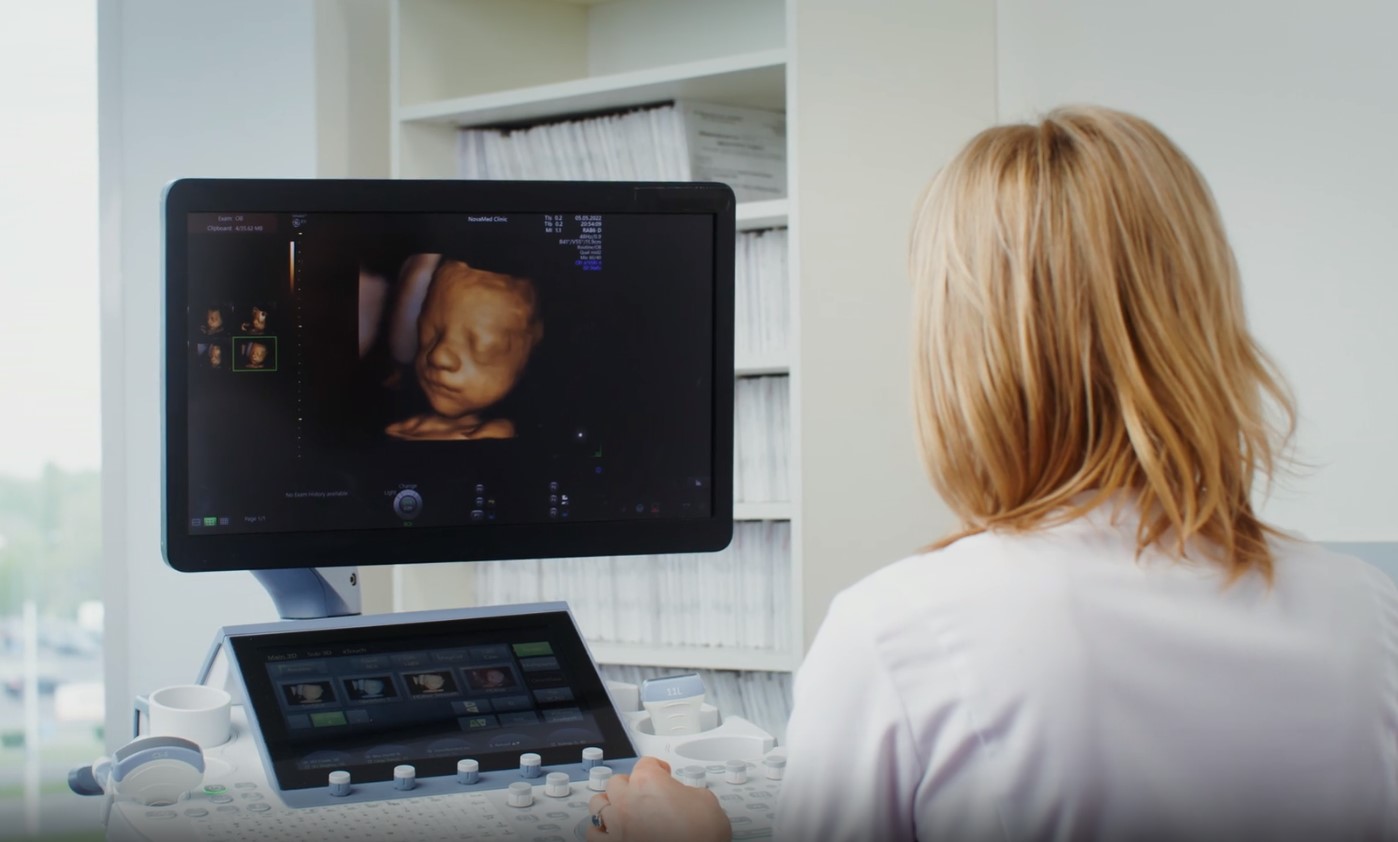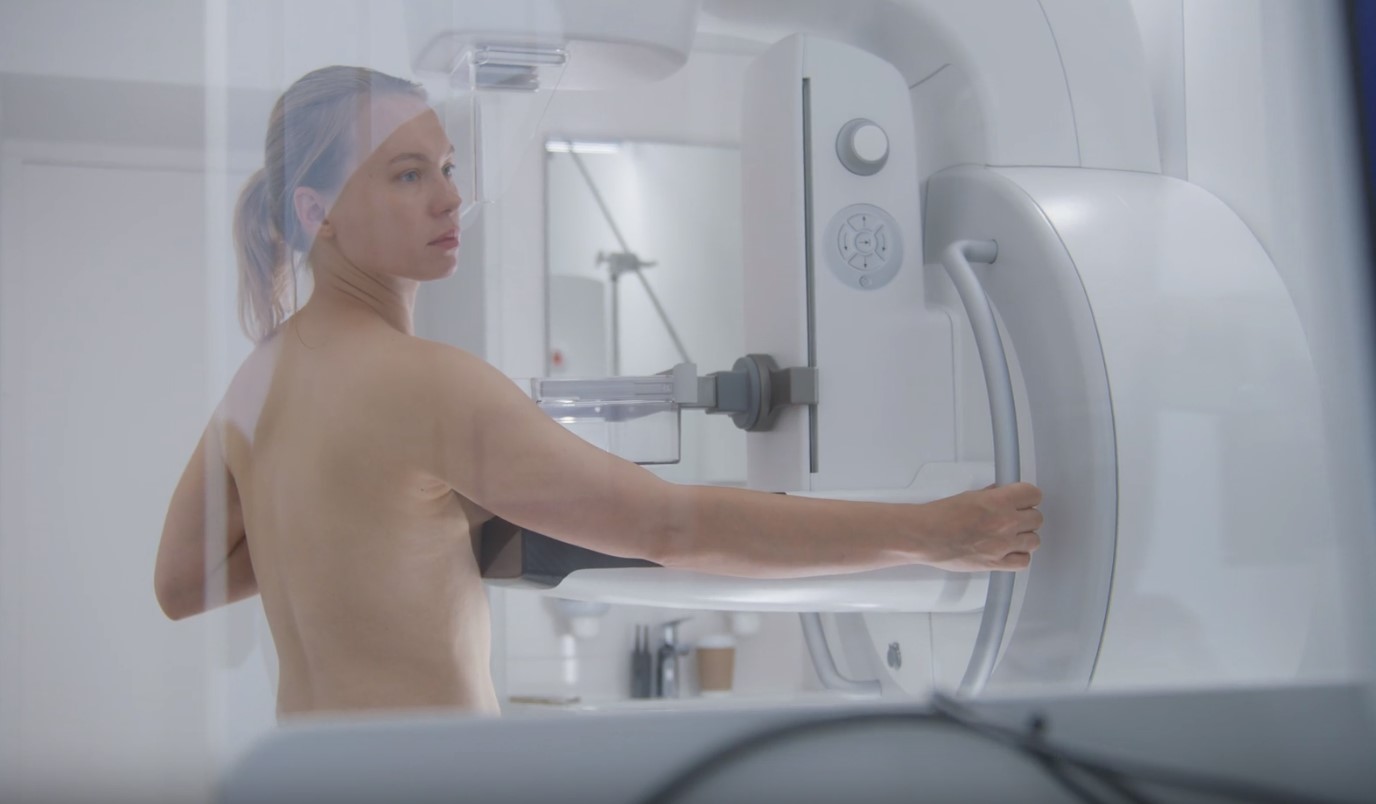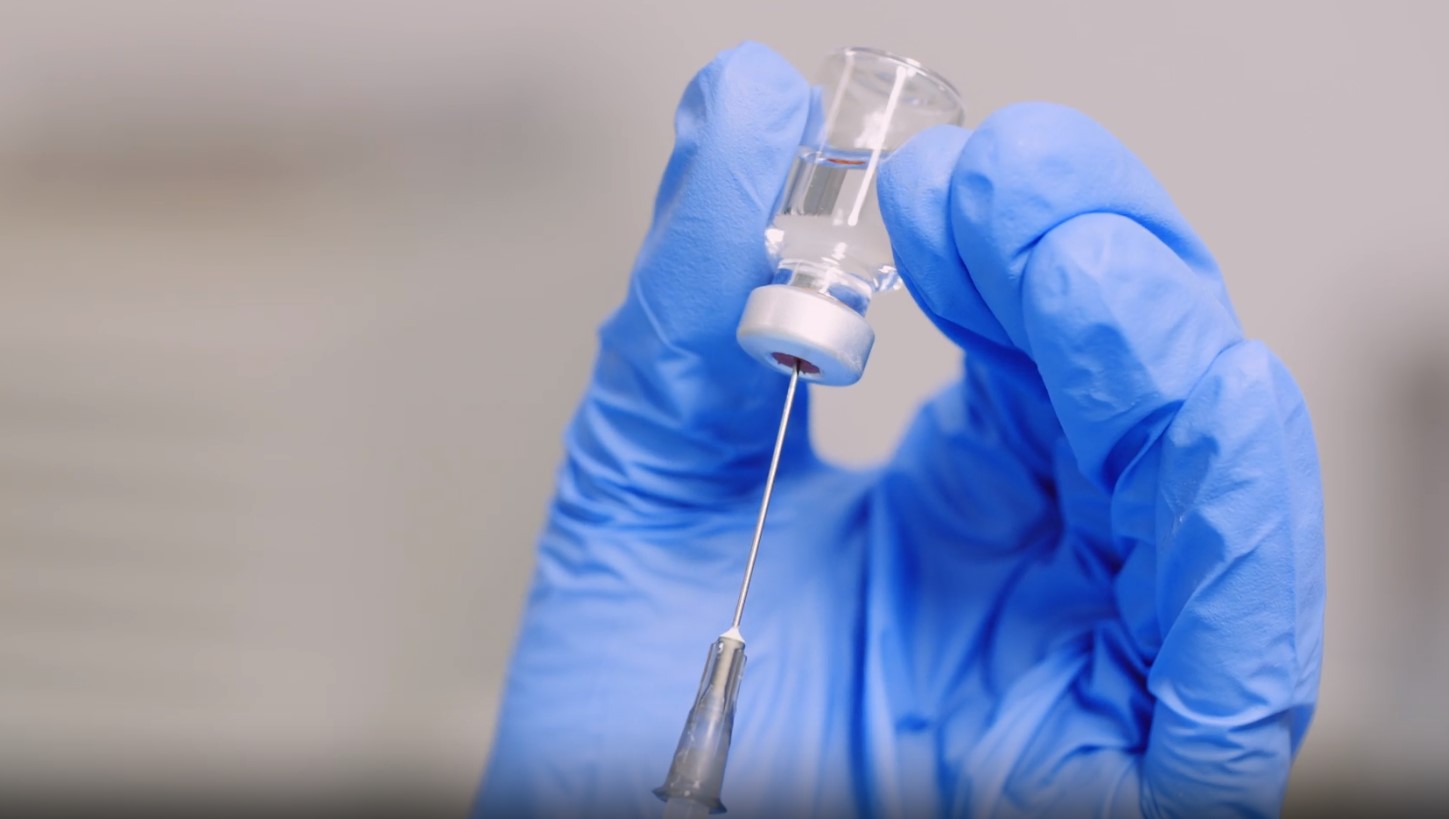An Obstetrician-Gynecologist (OBGYN) is a physician specializing in obstetrics and gynecology, focusing on all aspects of the female reproductive system, pregnancy, and childbirth.
This medical field is uniquely dedicated to women’s health issues, encompassing a wide range of care from puberty through menopause and beyond. OBGYNs are trained to provide comprehensive care, including preventive health exams, diagnosis, and treatment of disorders related to the female reproductive system.
Their expertise extends to managing complex conditions such as high-risk pregnancies and reproductive health issues. Today, we will uncover many useful things regarding this concept, like:
- A field of expertise for Obstetrician-Gynecologists focusing on the female reproductive system, pregnancy, and childbirth.
- OBGYNs offer a wide range of services, including preventive health exams, diagnosis, and treatment of disorders related to the female reproductive system.
- Advised consultations for various reasons, starting as early as age 11 for issues like delayed puberty or menstrual concerns.
Without further ado, let us begin.
Services Offered by an OBGYN
OBGYNs offer a comprehensive range of services catering to the specific needs of women at different life stages. Their expertise covers routine health maintenance to complex surgical interventions.
| Service Category: | Specific Services: | Description: |
|---|---|---|
| Prenatal Care | Regular check-ups, Monitoring fetal development, Managing pregnancy complications | OBGYNs ensure the health of both mother and unborn child, addressing complications and guiding healthy pregnancies, especially in high-risk cases. |
| Gynecological Care | Pelvic exams, Pap smears, Ultrasounds, STD screenings | Routine exams, cancer screenings, and diagnostic ultrasounds are provided for early detection and treatment of gynecological conditions. |
| Reproductive Health | Fertility counseling, Contraception advice, Menopause management | Guidance on fertility, contraception, and menopause, offering personalized treatment plans and hormonal therapies. |
| Surgical Procedures | Hysterectomy, Fibroid removal, Ovarian cyst removal | Surgical treatments for various reproductive health conditions, including uterus, fibroid, and cyst removal. |
When to See an OBGYN
The decision to consult an OBGYN is an important aspect of a woman’s health journey, encompassing various stages of life and health concerns.
-
Early Consultation (Starting at Age 11)
- Delayed Puberty: Concerns such as no breast development by age 14 or no menstrual cycle by age 16.
- Menstrual Issues: Painful or irregular menstrual cycles, which can impact daily activities.
- Sexual Health Education: Discussing sexual health, safe practices, and understanding bodily changes.
- Contraceptive Counseling: Guidance on contraceptive options and safe sexual practices.
-
Regular Health Check-ups
- Annual Exams: Routine visits for overall reproductive health assessment.
- Breast Examinations: Regular checks for any lumps or changes in breast tissue.
- Pelvic Exams: Essential for monitoring reproductive health and early detection of potential issues.
-
Pap Smear Screenings (Starting at Age 21)
- Cervical Cancer Screening: Critical for early detection of cervical cancer.
- Regular Screening: Recommended every three years, regardless of sexual activity or contraceptive use.
-
HPV Vaccination
- Preventive Measure: Advised in early teenage years to prevent cervical cancer.
- Early Vaccination: Recommended before the onset of sexual activity for maximum effectiveness.
-
Specific Health Concerns
- Period-Related Queries: Issues like heavy bleeding, severe cramps, or irregular cycles.
- Sexual Health: Concerns about libido, pain during intercourse, or sexually transmitted infections (STIs).
- Fertility Consultation: Assistance with conception, infertility treatments, or family planning.
- Pregnancy Care: Regular check-ups during pregnancy, managing any complications.
- Postpartum Care: Follow-up care after childbirth, addressing physical and emotional changes.
- Menopausal Transition: Managing symptoms and health changes during menopause.
-
Unusual Symptoms
- Discomfort or Pain: In the pelvic area, including any unusual bumps or swelling.
- Abnormal Discharge: Changes in vaginal discharge that may indicate an infection or other health issue.
-
General Wellness and Preventive Care
- Lifestyle Advice: Guidance on maintaining a healthy lifestyle for reproductive health.
- Mental Health Support: Addressing emotional and psychological aspects of reproductive health.
OBGYN as Surgeons
OBGYNs, renowned for their clinical acumen in women’s health, are equally adept in the surgical arena. Their training as surgeons is integral to their role, enabling them to address a variety of complex conditions that affect the female reproductive system.
This dual expertise positions them uniquely in the medical field, as they seamlessly blend clinical care with surgical interventions. One of the most common surgical procedures performed by OBGYNs is the hysterectomy.
This surgery, which involves the removal of the uterus, can be a life-altering procedure for women suffering from severe conditions like uterine fibroids, endometriosis, or uterine cancer.
By removing the uterus, OBGYNs can provide relief from chronic pain, heavy bleeding, and other debilitating symptoms, significantly improving the quality of life for their patients.
Another frequent surgical intervention is the removal of fibroids, which are noncancerous growths that develop in the uterus. While not always harmful, fibroids can sometimes cause severe symptoms such as pain, heavy menstrual bleeding, and even infertility.
The surgical removal of these fibroids, known as myomectomy, is a delicate procedure that requires the precision and expertise of a skilled OBGYN surgeon. This surgery can alleviate discomfort and, in cases where fertility is affected, can be a crucial step towards enabling pregnancy.
Additionally, OBGYNs are proficient in the surgical treatment of ovarian cysts. These fluid-filled sacs that develop on the ovaries can range from being harmless to causing serious health issues, including pain and complications with pregnancy.
The removal of these cysts, often through minimally invasive techniques, is a testament to the surgical dexterity of OBGYNs. This procedure not only addresses immediate health concerns but also plays a significant role in preserving fertility and maintaining overall reproductive health.
The surgical skills of OBGYNs are complemented by their comprehensive understanding of the female reproductive system. This deep knowledge ensures that they provide the best possible care, whether in a clinical setting or the operating room.
Their ability to diagnose and treat, coupled with the capability to perform complex surgeries, makes OBGYNs indispensable in the realm of women’s health.
Specialties within OBGYN
The field of obstetrics and gynecology encompasses several sub-specialties, each focusing on different aspects of women’s health. These include:
- Gynecological Oncology: This specialty deals with cancers of the female reproductive system, including the uterus, cervix, ovaries, and vagina.
- Perinatology (Maternal-Fetal Medicine): This area focuses on high-risk pregnancies, providing specialized care for conditions like diabetes or hypertension during pregnancy.
- Female Pelvic Medicine and Reproductive Surgery: Specialists in this field treat urinary tract and pelvic floor disorders.
- Family Planning: This specialty involves guidance on pregnancy planning, contraception, miscarriage care, and abortion services.
- Reproductive Endocrinology and Infertility: Focusing on managing fertility concerns, these specialists assist individuals and couples facing challenges in conceiving.
Each of these specialties plays a vital role in addressing specific health concerns and enhancing the overall well-being of women.
Preparing for an OBGYN Visit
Preparing for an OBGYN visit is a proactive step toward taking charge of your reproductive health. The preparation can significantly enhance the effectiveness of your consultation, leading to more personalized and comprehensive care.
Firstly, understanding the purpose of your visit is crucial. Are you going for a routine annual check-up, or do you have specific concerns? If it’s a regular visit, your OBGYN will likely focus on general health assessments like pelvic exams, breast exams, and possibly a Pap smear, depending on your age and medical history.
These visits are also an excellent opportunity to discuss any general health concerns, changes in your menstrual cycle, or updates in your sexual health.
If you have specific concerns, such as menstrual irregularities, pain during intercourse, or issues related to menopause, it’s beneficial to note down the symptoms, their frequency, and any other relevant information.
This detailed account can help your OBGYN make a more accurate diagnosis and recommend appropriate treatments or further tests.
For those with questions about fertility and conception, preparing a list of questions about ovulation tracking, fertility-enhancing lifestyle changes, and potential fertility treatments can be incredibly useful.
If you’re already pregnant, your visit might focus on prenatal care, where you can discuss dietary recommendations, safe exercise routines, and ways to manage any pregnancy-related symptoms.
Additionally, it’s important to have a record of your medical history, including any previous surgeries, hospitalizations, and the medications you’re currently taking. This information provides your OBGYN with a comprehensive view of your health, which is crucial for effective treatment planning.
Mental health is another critical aspect to consider. Feel free to discuss any stress, anxiety, or depression you might be experiencing. Mental health significantly impacts physical health, especially in areas related to hormonal balance and reproductive health. You need to find a way to relieve yourself, by consulting with a professional.
Lastly, don’t hesitate to ask questions or express concerns about any aspect of your health. Whether it’s about a specific condition, a treatment plan, or general health advice, your OBGYN is there to provide support and information. Remember, no question is too small or insignificant when it comes to your health.
FAQs
Can you see an OB-GYN if you are not pregnant?
Yes, you can see an OB-GYN even if you’re not pregnant. OB-GYNs provide comprehensive women’s health care, including routine pelvic exams, Pap smears, contraception counseling, and treatment for menstrual disorders, menopause, and other gynecological issues.
What is the difference between a gynecologist and an obstetrician?
A gynecologist specializes in the female reproductive system, focusing on issues like menstrual disorders, contraception, and menopause. An obstetrician specializes in pregnancy, childbirth, and postpartum care. While gynecologists focus on overall women’s health, obstetricians are experts in all aspects of pregnancy and childbirth.
Why would I see an obstetrician?
You would see an obstetrician for care related to pregnancy and childbirth. This includes prenatal care, managing any complications during pregnancy, labor and delivery support, and postpartum care. Obstetricians are trained to ensure the health and well-being of both the mother and the baby throughout the pregnancy journey.
What is the major difference between an OB-GYN and a midwife?
The major difference lies in their training and scope of practice. An OB-GYN is a medical doctor with extensive training in both obstetrics and gynecology, capable of performing surgeries and managing high-risk pregnancies. A midwife typically has a nursing background or specialized midwifery education and focuses on providing care during normal, low-risk pregnancies, labor, and postpartum.
Closing Thoughts
OBGYNs play a crucial role in women’s health care, offering specialized knowledge and care that spans various life stages. From teenage years to the desire to conceive, and through menopause, OBGYNs provide essential support and medical care.
Their ability to offer both clinical and surgical care makes them indispensable in the healthcare system. Regular consultations with an OBGYN are vital for maintaining good reproductive health, and their guidance can be invaluable in making informed decisions about one’s health and well-being.
Related Posts:
- How Long Does it Take to See a Psychiatrist?…
- 7 Mini Habits That Will Help You Become One Percent…
- Spirit Animals and Birthdays: Find Out Which One Is Yours
- How Can I Improve my Father Daughter Relationship?…
- Can Steroids Cause Bipolar Disorder? - Yours All in…
- What is Marine Collagen and Why You Should Consider…



















